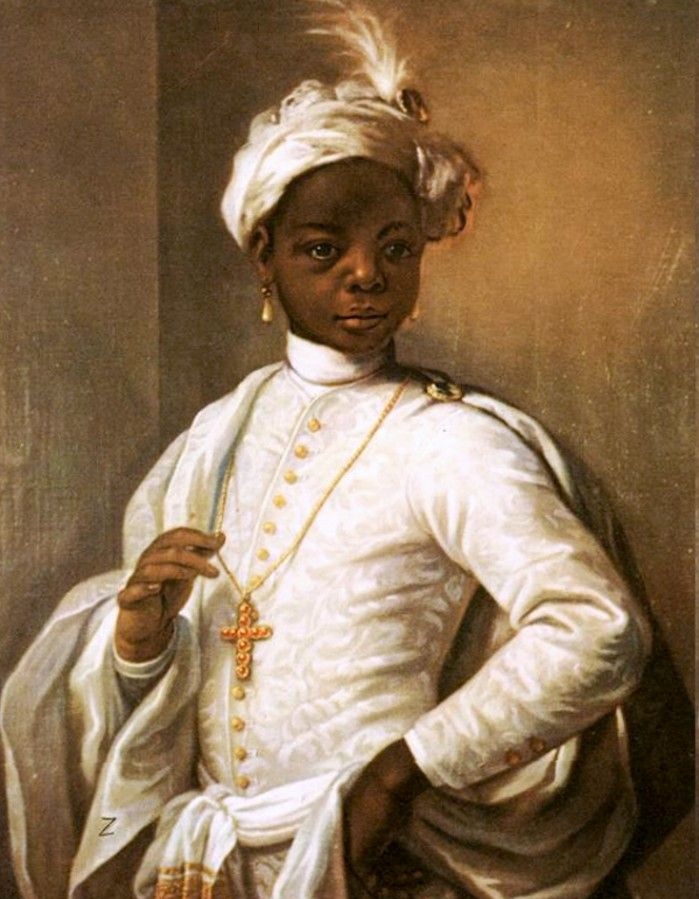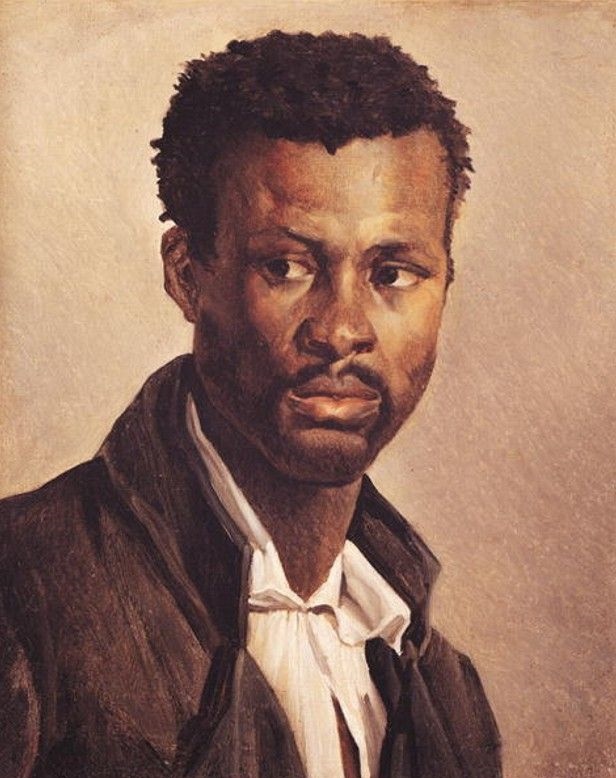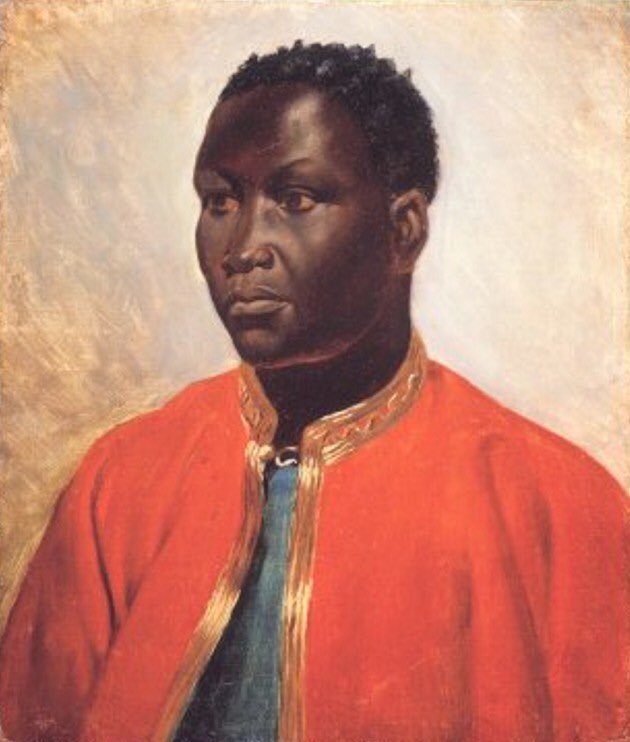Masolo (2003: 653) rethinks the conceptions of community and culture in relation to a global context but also our experiences of said communities and cultures. He states further that our participation in said communities and cultures differ from time periods because factors outside of the communities and cultures constantly shift. This, in turn, shifts our understanding and experiences of cultures and communities.
“Conceptualizations of the structures and functions of ‘communities’ are in this way the product of their times, the function of how prevailing circumstances are themselves conceptualized and defined; and there is not one but multiple approaches and definitions that the study of ‘communities’ has produced” (Masolo 2003: 653).

There are still difficulties today in studying community or communities. This may be due to our methodologies being, part and parcel, influenced by our era in which we are, i.e. the problem being a product of your time. But Masolo (2003: 654) states that the normal way of studying communities:
“has tended to regard it as a typical specific (or one of a kind), as a social unit or entity endowed with stable and recognizable features which, like those of its type, are regulated by general laws which simultaneously account for their differences and similarities. In both their synchronic structures and diachronic mutations and regenerations, communities were viewed as subject to some ‘natural’ laws which regulate social phenomena.”
This resulted, inter alia, in social scientists viewing communities from a reductionist perspective to study them. But this view neglects important factors, such as viewing communities as wholes which cannot be zoomed into to study specific parts. Masolo states that from this perspective, and more specific in “socio-economic terms”, the city and community are separated, “signalling the impact of industrialization on the conceptualization of new social reconfigurations. In other words, with the coming of industrialization and liberalism, the term ‘communities’ came to be associated with marginal populations living in relatively small groups at the periphery of the growing urban populations” (Masolo 2003: 654). “Community”, in this sense, gains a regressive connotation and it is seen in contrast to “city” – in a hierarchical unction, it is seen as being below a city.
“In contrast to the cities, individuals in communities were embedded in them rather than stand out as atomic members held together only by systems of enforceable laws aimed at creating and maintaining order. […] Individuals are born into these communities and become the natural vehicles for their reproduction over time” (Masolo 2003: 655).

There are, consequently, clear demarcations between what is seen as a community and what is seen as part of the city, usually rural areas (Masolo uses America as an example) and urban areas. Western counterparts were seen as being held together by, say, economic powers or factors but African communities were see as being held together by “nature-dependant primitive economics”. Furthermore, social anthropologists saw language as a “sole invariant” which connected often widespread communities, but Masolo (2003: 656) states:
“Yet even social anthropologists are by no means consistent or agreed among themselves about their usage of the term. However, a few factors became clear to social anthropologists regarding the boundaries separating different communities. Each had not only its own language, they also had separate political organizations under separate and sovereign authorities irrespective of how these were defined and symbolized.”
A distinction is made between society and communities: Societies are people grouped together according to levels of income or the nature of its labour, and communities, differently, are held together by “worldviews defined by metaphysical values and rituals which tie people into a common bond” (Masolo 2003: 656). This, in turn, created “semi-autonomous” communities – at first sight this might look promising, but Masolo gives the example of, amongst others, Zulu leaders under Apartheid. The power these leaders in the “semi-autonomous” communities were given was purely fictious. The status quo gave these leaders fictious power so that they can control social order, communities thus became “less threatening to the overarching power system”.
“But because the distribution of power is often an autonomous issue in politics, it has been easy for entrenched and dominant power systems like the colonial and apartheid systems in Africa, and the white power system in America, to sell off the idea of political autonomy to groups targeted for marginalization as a way of keeping them off limits from other goods with which political power is crucially associated. In its desire, not so much to give autonomy to native South African ethnic groups as to protect the privileges of the minority white population, the apartheid system struggled for decades to institute the home-land system for indigenous South Africans in order to both separate and keep them out of the minority white enclaves” (Masolo 2003: 657).

Another problem of viewing communities as natural entities is that it gets tied to race. One is, for example, “born into and embedded in communities at birth and genealogically” (Masolo 2003: 658). Masolo ties this view of communities – it being natural entities – to urban planning. Recall the clear demarcation between cities and communities or rural and urban segregation. He states that:
“As city governments face criticisms and blame for the neglect of the inner city residents and facilities in a manner that appears directly related to the surge of urban crime, the idea of ‘community projects’ has, to many politicians and other policy activists, become a way to express (political) recognition of the complaints of Other citizens” (Masolo 2003: 658).
These communities are thus used by often white people (this is in an American context) for political power and to showcase how they care. Masolo states as example the term “outreach programmes” to communities is soft language which hides the true facts. He also states:
“Like foreign aid donors, financiers and managers of community projects, often from the wealthier white communities and entrepreneurs or from white-dominated city government agencies, tend to regard recipients in poorer minority neighbourhoods as consumers of goods they have not helped produce, thus pushing even further the sense of alienation among members of economically disadvantaged communities” (Masolo 2003: 658).
Masolo (2003: 658) then discusses the “Lockean theory of the mass society as a moral political body capable of safeguarding the moral legitimacy of the state as weak and inadequate.” See, however, Gross’ position:
“the Body of the People is no longer definable with consistency and accuracy. Hence its effectiveness in safeguarding the integrity of the state through political action has been eroded considerably” (Masolo 2003: 65).
Small groups, as defined by Gross which is good for as he states, “strong political morality”, is not always good for everyone’s interests. Masolo states:
“In situations where separate communities do not share equal access to the same channels of self-representation and argumentation, or do not or are not likely to have the same effect on the institutions to be lobbied and controlled, Gross’s theory of strong political morality can only be an avenue to even greater social and civil inequities” (Masolo 2003: 658-659).

Furthermore, Masolo states that the Lockean model cannot work in our current era.
“This complexity of the nature and knowledge of society has rendered the Lockean mass political body ineffective as an agent of political moral control. Locke’s single political community now has been replaced by a multiplicity of political communities defined by varieties of moral claims and beliefs which are only shared by relatively small groups. Also, in the place of mass protests available to Locke’s political community as the effective means for bringing change, the effectiveness of small interest-group communities is based on convincing moral and legal arguments besides protest marches and other forms of contemporary available forms of campaigns” (Masolo 2003: 660).
Another problem, especially with Gross according to Masolo is that what works in the West does not always work in places outside of the West. The West’s focus on the person as an individual, for example, does not work well in places where individuals are part of a community.
“But in the African configuration, the strengths of communities often stand in disproportionate relation to the strength of the state. People depend on the state and its institutions, rather than the other way round. But the state delivers only in return for loyalty, a value held so dear especially by those communities who consider their loyalty or other form of support crucial to the stability of the state and its institutions. Hence the stronger the communities, the more endangered the state becomes” (Masolo 2003: 661)
Masolo introduces a different way of looking at communities: the evolutionary view of communities.
“[T]here is a rival view of community produced by evolutionary political science theory which regards the large African ‘communities’ of social anthropologists to be in opposition to and in the path of the evolution of the nation-state as a higher sociopolitical entity. Those of us from the so-called Third World are aware of how this evolutionary notion of community once formed the conceptual apparatus for critiquing the slow generation of nationalism in Africa. In these critiques, Africa’s social reality of communities, or ethnic groups, or tribes, as one may wish to call them, was deemed as the antithesis to the emergence of the European-style billed as modernity: that the birth and growth of nations comes in a disproportionate relation to the decline of tribes or communities. Hence the conditional proposal that if Africans should will to sustain the colonially invented nation-state, then they should willfully suppress the political strength of the tribes or communities” (Masolo 2003: 661).
Masolo then asks a series of important questions:
“how do we define people culturally today in the face of easy migrations of individuals and groups across geographical, social and bodily boundaries? While easy and intense migrations have definitely created a sense of cosmopolitanism, does it necessarily negate the ability to be or become nationalistic? What happens to nationalism? Is nationalism fake in the same measure that cosmopolitanism is real? Can we be both simultaneously? Which of the two truly grounds acceptable moral reasoning? What are the consequences of either?” (Masolo 2003: 662).
He continues to discuss and critique a couple of philosophers and states that one should not have to accept and share all the beliefs of a community to be part of that community. This makes it possible for one to be part of more than one community. Especially in our current global context we form part of various groups and communities. Masolo (2003: 665) states regarding the last mentioned that it does “not negate each other, at least not significantly enough to make it impossible for individuals and groups to participate in a number of them either simultaneously or alternately.” He continues:

“I sit in my office and rotate in my chair to admire the rich multiplicity of what the room brings in between the walls without overburdening them with the contradiction between the particular and the universal, the patriotic and the cosmopolitan. The ability to play a CD of my Luo music while working on a philosophy paper, one that even cites references to a work by some British philosopher I do not care about except for his or her ideas that reach me in their abstracted and symbol-based medium of a book, makes no conditional demand upon me that to participate in one I must first abandon the other. I can be both Luo and a member of the academic community of the University of Louisville at the same time without a burden.”
He comes to a tentative conclusion:
“first, that communities are dialogically rather than ontologically constituted; second, that one can be part of multiple communities simultaneously—such as being both patriotic and cosmopolitan, or Luo and Kenyan, and others, all at one and the same time” (Masolo 2003: 666).
I conclude with Masolo’s (2003: 669) final paragraph:
“There is need to realize that local people know far too well that they live in a cosmos and confront it everyday. As the celebrated Martiniquean man of Letters Aimé Césaire said once, ‘there are two sure ways to lose oneself: either by bounding oneself in the windowless particular, or by throwing oneself into the unidentifiable universal’. He surely realized and wisely hinted at the compatibility between the local and global, the patriotic and cosmopolitan.”
Congratulations @fermentedphil! You have completed the following achievement on the Hive blockchain and have been rewarded with new badge(s) :
You can view your badges on your board And compare to others on the Ranking
If you no longer want to receive notifications, reply to this comment with the word
STOPDo not miss the last post from @hivebuzz:
Support the HiveBuzz project. Vote for our proposal!